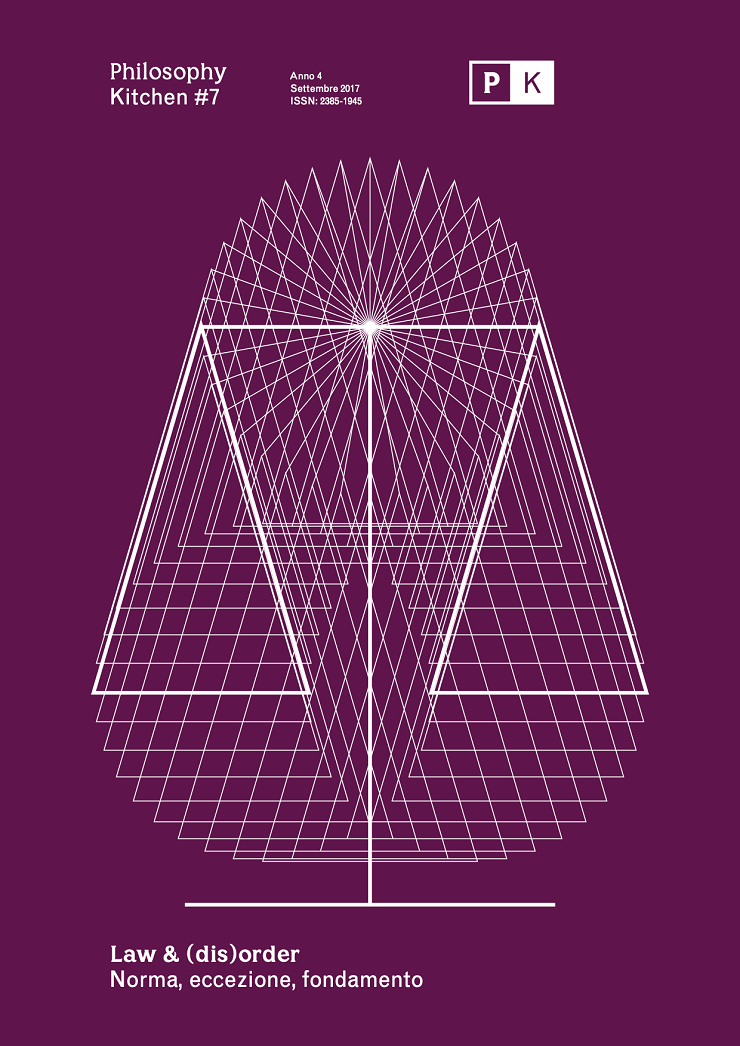The Concrete Utopia of the Commons. The Right of Civic and Collective Use of Public (and Private) Goods
DOI :
https://doi.org/10.13135/2385-1945/3871Résumé
The right of civic and collective use of goods pertaining to the enjoyment of fundamental rights. My thesis is that local authorities and the State are to be considered exponential bodies of a particular community. Meaning that the law residually may confer to them the care of the interests of the entire community. Thus a new concept of space emerges: the space of the enjoyment of life, instead of the space of the government of lives. The demonstration is based on three juridical concepts. The first: the constitutionalization of private and public property. The Italian Constitution prescribes that private property is limited and functionalized (social function). Public property is the space and the natural means for the exercise of basic freedoms. The second: the theory of the commons or the reform of the Civil Code relating to public goods. A ministerial commission (Commissione Rodotà) declared that common goods «express functional utility for the exercise of fundamental rights and for the free development of the individual and are shaped on the principle of intergenerational safeguarding of their utilitates». The third: the collective rights. These are goods, public or private, subject to collective rights of use and enjoyment. The best-known legal form of collective right are the Civic Uses and the Right to Public Use. On these theoretical assumptions since March 2nd, 2012 in Naples a community of artists and cultural workers is practicing the civic use of a public building translating it into a new administrative practice through the elaboration of the «Declaration of civic and collective urban use».





